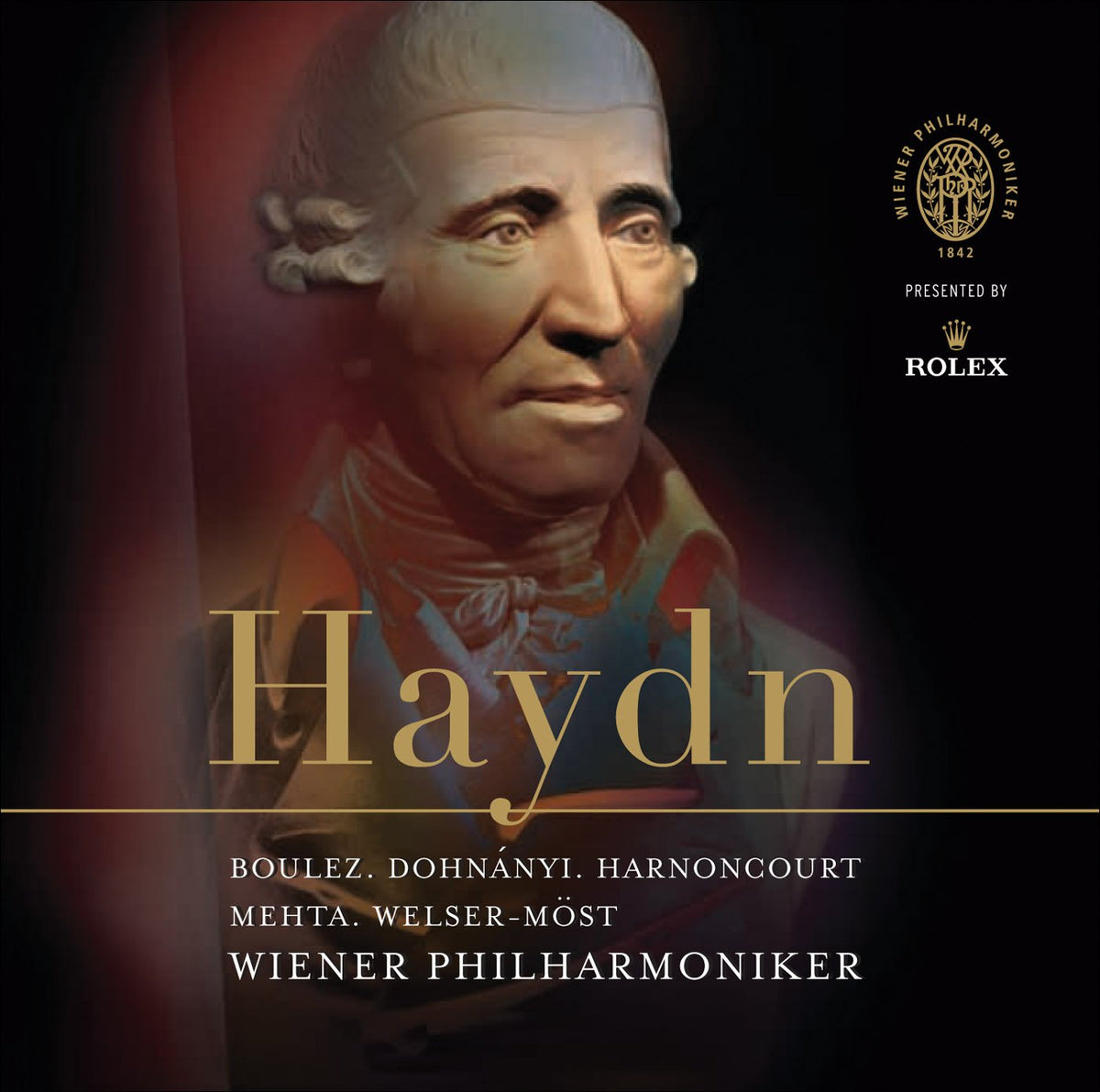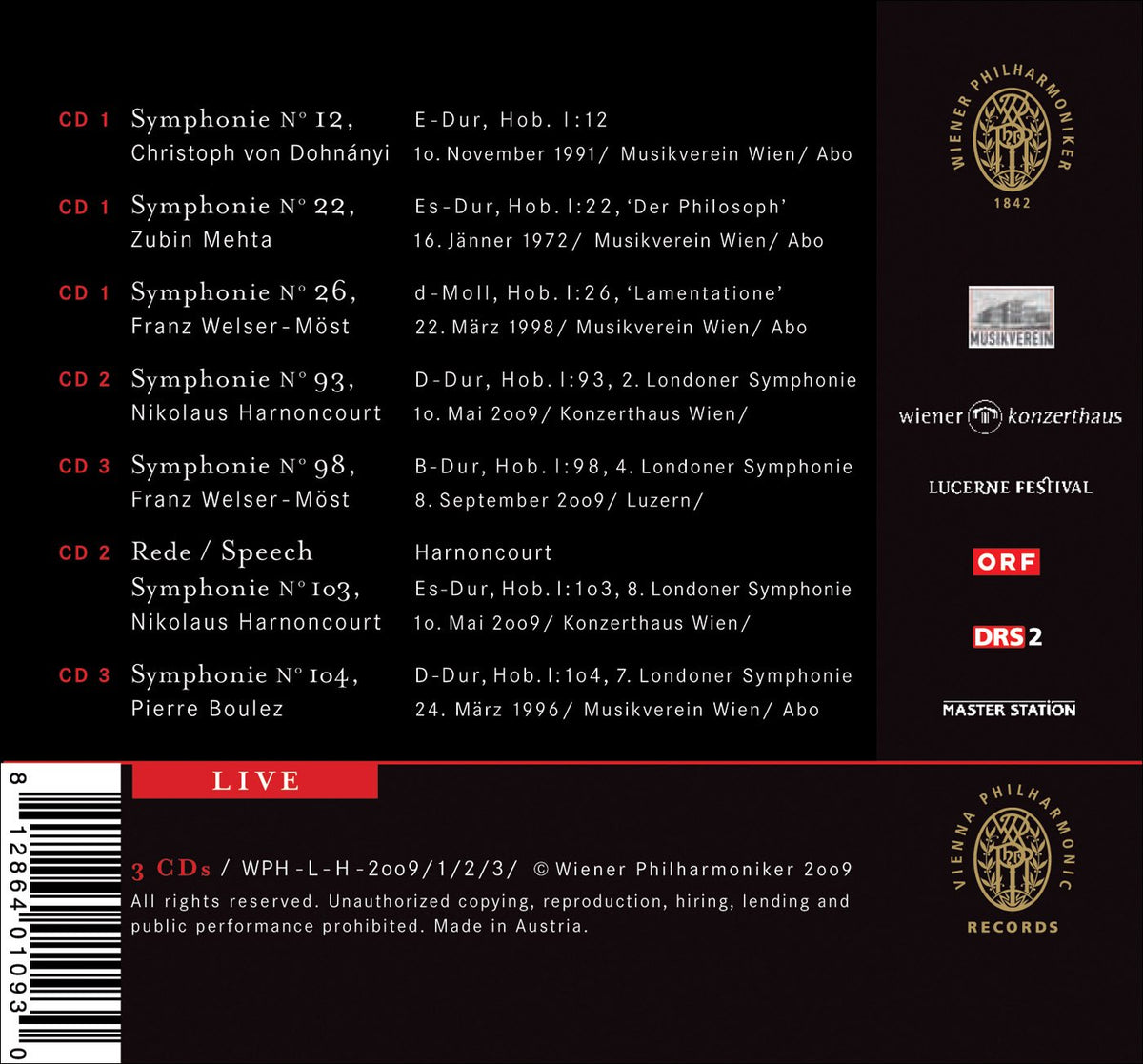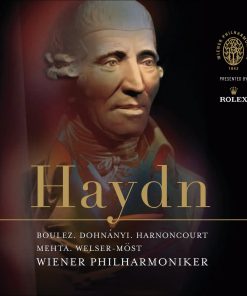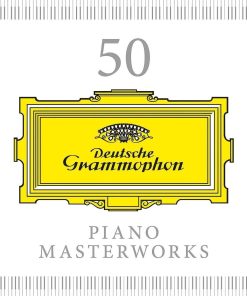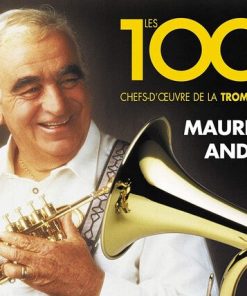HAYDN: SYMPHONIES – BOULEZ, MEHTA, HARNONCOURT, DOHNANYI, WELSER-MOST, VIENNA PHILHARMONIC (3 CDS) WIENER PHILHARMONIKER
$ 17,99 $ 10,79
‘The whole world understands my language!’ Joseph Haydn’s most famous statement about music not only reveals something about his own self – image, but this declaration, made by one of the most brilliant and innovative composers, can also be perceived as a timeless assessment of all musical endeavour. In commemoration of the 200th anniversary of the death of this master composer, the Vienna Philharmonic has released a special edition providing a brief insight into the magnitude of Haydn’s compositional output, while at the same time furnishing a selective documentation of the Philharmonic’s own Haydn interpretations. For this reason, the edition at hand, compiled under the musicological auspices of Prof. Dr. Otto Biba, Director of the Archives of the Society of Friends of Music in Vienna, not only contains works from different periods of Haydn’s creativity, but also supplies the interpretations of five
different conductors recorded over a time span of 37 years.

“…The new Boulez recording I’m most excited about is a live performance from 1996 of music he isn’t generally associated with, and if you didn’t know it was Boulez, you might guess the conductor was a Viennese native. It’s Joseph Haydn’s last symphony, No. 104, and the orchestra is the Vienna Philharmonic.
Boulez is famous for his amazing ear. He lets you hear every detail. But there are two other Boulez qualities he isn’t often given credit for. One is his innate and effortless sense of the right style. In Boulez’s hands, Haydn’s symphony — for a change — actually sounds Viennese. The other is size. Too many Haydn performances seem small-scale, miniature and tinkly. But Boulez really conveys the grandeur as well as the delicacy of Haydn’s magnificent conception.
At 85, and not for the first time, Boulez has announced that he would be cutting back on conducting to devote more time to composing. Of course, we want to hear more of his own works. But since he’s the most insightful and incisive conductor now alive, how can our reaction to this decision not be bitter-sweet?” -Lloyd Schwartz — NPR Music
“You know the trend toward symphony orchestras marketing their own musical products has reached its apogee when the venerable Vienna Philharmonic starts doing it. This three-CD set includes seven Haydn symphonies led by five different conductors – several of the performances recent, but some going back as far as 1972. Christoph von Dohnanyi , Zubin Mehta and Franz Welser-Most tackle three quite early symphonies, seldom heard from orchestras this lush of texture.
The four works out of the 12 late “London” symphonies really score big. Two are led by Nikolaus Harnoncourt. You expect him to give you a fresh take on music from the Viennese classical era, and the famous Drumroll (No. 103) does so in an absolutely sensational way. These timpani don’t just roll – they start the piece with a splendid military-sounding tattoo.
Welser-Most does well by Symphony No. 98. Still, the other big surprise comes from Pierre Boulez, hardly identified with Haydn. His Symphony No. 104 combines spit and polish with an exuberant spirit. Like the Harnoncourt 103, the Boulez 104 may be the best performance of the work ever captured in a recording.” -Lawson Taitte — Dallas News

Haydn: Symphony No. 12 in E major
Wiener Philharmoniker
Christoph von Dohnanyi
Haydn: Symphony No. 22 in E flat major ‘The Philosopher’
Wiener Philharmoniker
Zubin Mehta
Haydn: Symphony No. 26 in D minor ‘Lamentatione’
Wiener Philharmoniker
Franz Welser-Möst
Haydn: Symphony No. 93 in D major
Wiener Philharmoniker
Nikolaus Harnoncourt
Haydn: Symphony No. 98 in B flat major
Wiener Philharmoniker
Franz Welser-Möst
Haydn: Symphony No. 103 in E flat major ‘Drum Roll’
Wiener Philharmoniker
Nikolaus Harnoncourt
Haydn: Symphony No. 104 in D major ‘London’
Wiener Philharmoniker
Pierre Boulez
Fast Shipping and Professional Packing
Due to our longstanding partnership with UPS FedEx DHL and other leading international carriers, we are able to provide a range of shipping options. Our warehouse staff are highly trained to pack your goods exactly according to the specifications that we supply. Your goods will undergo a thorough examination and will be safely packaged prior to being sent out. Everyday we deliver hundreds of packages to our customers from all over the world. This is an indication of our dedication to being the largest online retailer worldwide. Warehouses and distribution centers can be located in Europe as well as the USA.
Orders with more than 1 item are assigned processing periods for each item.
Before shipment, all ordered products will be thoroughly inspected. Today, most orders will be shipped within 48 hours. The estimated delivery time is between 3-7 days.
Returns
The stock is constantly changing. It's not entirely managed by us since we are involved with multiple parties such as the factory and our storage. The actual stock can fluctuate at any time. Please understand it may happen that your order will be out of stock when the order is placed.
Our policy is valid for 30 days. If you haven't received your product within 30 days, we're not able to issue either a return or exchange.
You are able to return a product if it is unused and in the same condition when you received it. It must also still remain in the original packaging.
